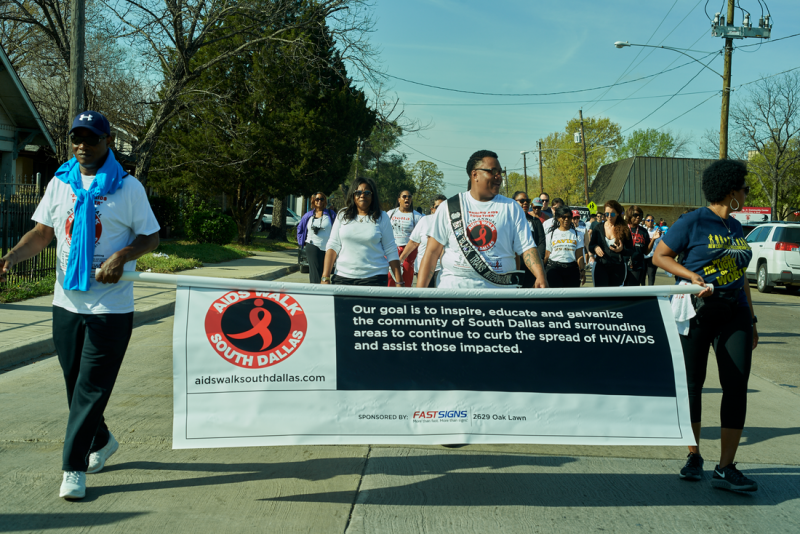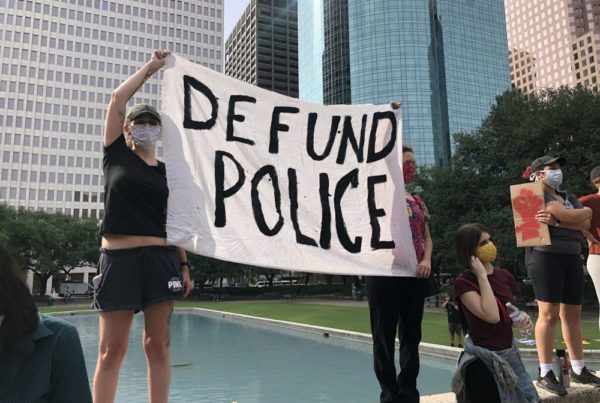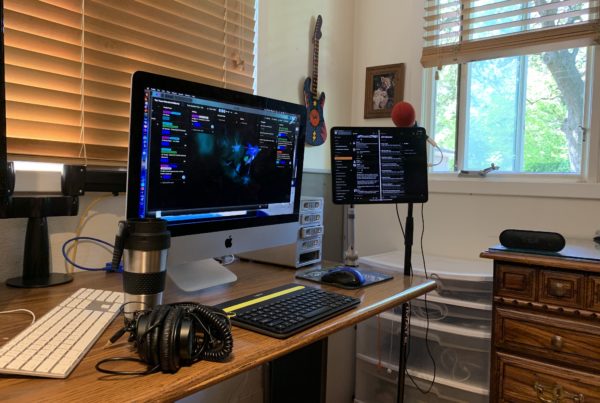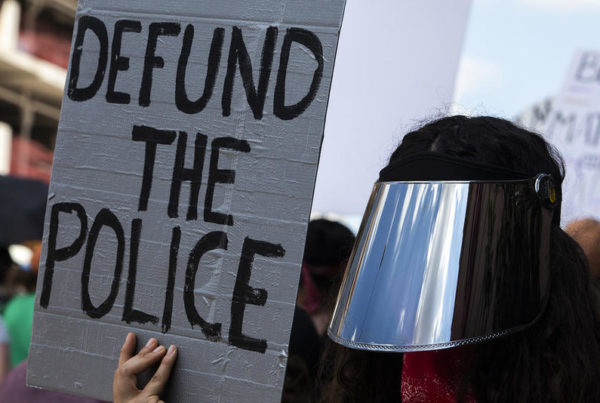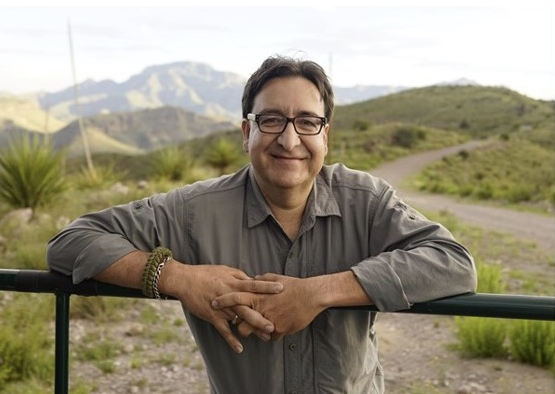From KERA:
A large percentage of people hospitalized with COVID-19 have pre-existing chronic illnesses like diabetes or heart disease. But people with other conditions — like HIV or AIDS — could also be at risk of getting sick with COVID-19. In response, Dallas organizations are working to support people with HIV and AIDS.
Auntjuan Wiley is the founder of AIDS Walk South Dallas.
He’s been involved with HIV/AIDS advocacy and prevention for decades. He has also been HIV positive for 27 years.
He said the pandemic has changed a lot of things, but people who are immunocompromised are normally cautious.
“So when it comes to people living with HIV, these are things that we do all the time, except for the six feet and the mask,” Wiley said.
The Centers for Disease Control and Prevention said there’s no specific information about the risk of COVID-19 to those living with HIV or AIDS.
Dr. Jason Gillman is an infectious disease specialist with Prism Health North Texas — a group that works with people affected by HIV or AIDS. Gillman said about 20 of his patients who are HIV positive have tested positive for COVID-19, but that they’ve mostly been mild cases.
“I tell my patients that I don’t think they’re y’know at higher risk of acquiring the infection, I tell them I don’t really know if it’s gonna be more or less severe than anyone else in the population,” he said. “A lot of our patients, 90% of them, their HIV is well controlled. They’re undetectable, they have normal T-cell counts, so their immune system is pretty comparable to y’know anyone else out there.”
COVID-19 has led some people to avoid seeking medical treatment. However, advocates said people who may have been exposed to HIV or AIDS or sexually transmitted infections should still seek treatment and get tested.
JP Cano is Prevention Services manager at Resource Center in Dallas. Cano said the Resource Center’s clinic, which provides HIV and STI testing, continued to test people through April and May.
“Because you don’t want somebody to have HIV first, they don’t know their status, and they’re at the hospital with COVID,” he said. “So it is so important people still know what their status is for HIV and some other STI’s.”
People with HIV or AIDS who are low-income or homeless are especially vulnerable right now.


